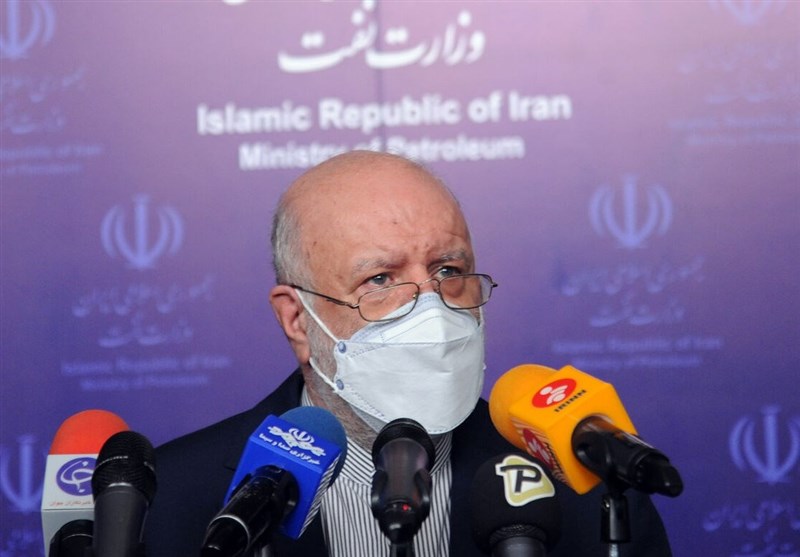Speaking at a videoconference on Thursday, held on the opening of the Persian Gulf Bidboland Gas Refinery megaproject in Iran’s southwestern province of Khuzestan, Zangeneh said the administration of President Hassan Rouhani has succeeded in fulfilling plans to collect the associated petroleum gas, particularly the gas that used to be flared.
“The issue of flare gas is one of the historical issues in the oil industry. It has been discussed for years, but it (flare gas collection) has not been implemented for various reasons… Plans have been devised in such a way that we will not burn any flare gas until end of year 1401 (March 2023), as more than 95 percent of the associated petroleum gas will be collected and used,” the oil minister said.
He also noted that the administration formulated plans at the beginning of the current Iranian year (March 2020) to inaugurate 17 petrochemical projects with an investment of $11.4 billion that would increase the daily production capacity to 25 million tonnes.
The minister said the huge Persian Gulf Bidboland gas refinery will be generating around $1.5 billion in revenue per annum.
“From a macro perspective, the project pursues also a regional development goal. This is a mother plan, which has fruitful children downstream. This project would supply the input for Bandar Imam Petrochemical Complex and supply the olephyne and polyethylene input for Gachsaran (complex),” he added.
Zangeneh also noted that two other petrochemical factories, each with a capacity of 300,000 tonnes, will come on stream in Gachsaran and Dehdasht which would consume olephyne and polyethylene.
“Trump’s team thought that we would die under the sanctions, but we didn’t die and they were destroyed. We are alive and have advanced our projects. Although the volume of our investment was reduced, no project was halted because of technology or equipment. We pressed on with our job. We are alive and lively. The hope in our hearts is much greater than before,” he underlined.
Zangeneh finally noted that the new megaproject would allow Iran to save around 60 percent of the associated petroleum gas, saying more projects will drive the flare gas waste in Iran down to zero by 2023.
